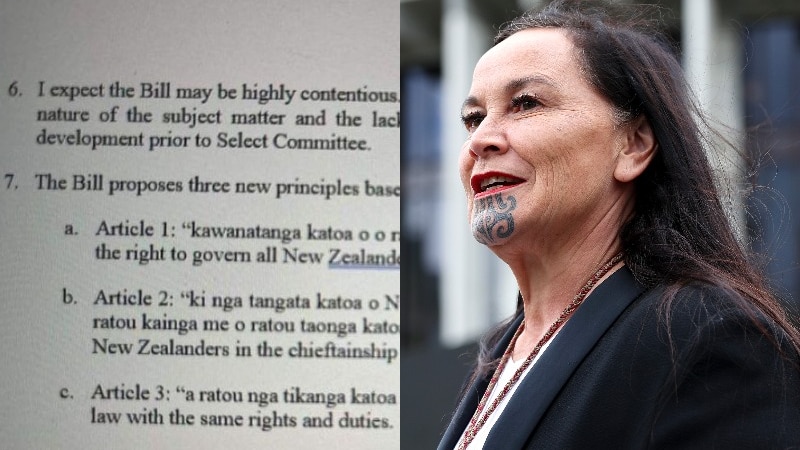As a minor party in New Zealand’s governing coalition pushes ahead with a plan to draft a controversial bill on the country’s founding documents, Māori leaders have issued a warning.
Fundamentally, the half of the population that this government represents just want the savages to know their place and not get above their station.
It is a disgusting attempt to revert back to NZ’s troubles of the 19th C.
How can NZ continue to tolerate this kind of white nationalist politics just five years after the deadliest white supremacist shooting in history?
deleted by creator
This is the best summary I could come up with:
New Zealand once enjoyed a favourable reputation on race relations, but fewer than 100 days into the new government, Māori leaders have slammed its agenda as a “white supremacist approach”.
That strong language is coming from a co-leader of The Māori Party, but Prime Minister Christopher Luxon is facing criticism from several sources as well as mounting legal challenges.
The national hui was held over Kīngitanga koroneihana — the annual celebration of the coronation of the Māori king, a largely ceremonial title without legal or judicial power.
So, despite securing just 8.6 per cent of the overall vote in the recent national election, the right-wing libertarian ACT Party and its leader David Seymour are set to introduce a bill that Māori fear would have the potential to alter New Zealand’s founding document.
A draft bill is yet to be seen, but recently a document prepared by the Ministry of Justice that offered advice to various government departments was leaked to public broadcaster TVNZ and another Māori Party co-leader.
“The best protest we can do right now is be Māori, be who we are, live our values, speak our reo (language), care for our mokopuna (younger generation), our awa (rivers), our maunga (mountains).”
The original article contains 1,352 words, the summary contains 200 words. Saved 85%. I’m a bot and I’m open source!




